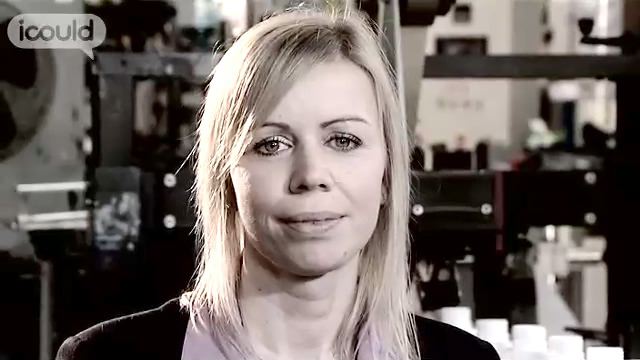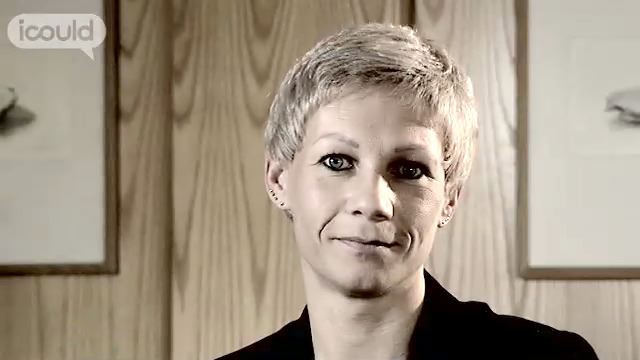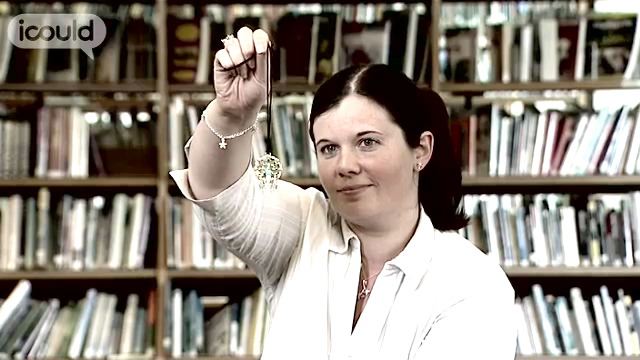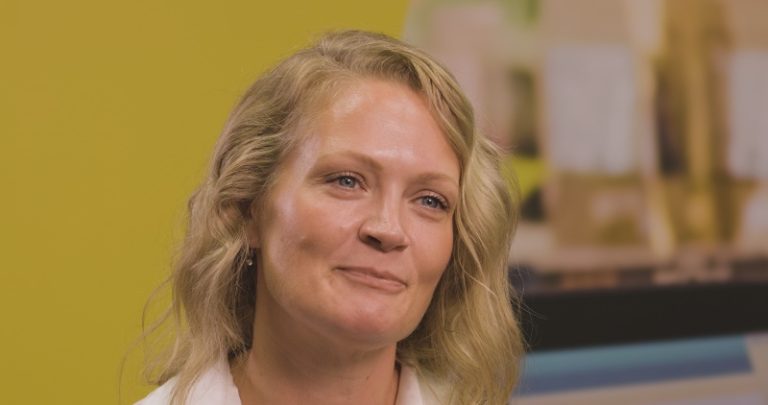Early Careers Officer
Hillingdon Council
00:00:08:03 – 00:00:10:00
Hi. My name’s Alan.
00:00:10:01 – 00:00:13:15
My current position is the early careers officer at the London
00:00:13:15 – 00:00:16:17
Borough of Hillingdon, which is based in West London.
00:00:18:04 – 00:00:23:00
So my role in simple terms is basically looking after people in the sort of 16
00:00:23:00 – 00:00:27:23
to 24 year-old category in terms of getting them into employment,
00:00:28:08 – 00:00:30:19
into our business or other businesses within the area.
00:00:32:05 – 00:00:35:10
So it’s looking at the career pathways that would come along with that.
00:00:35:10 – 00:00:38:00
So we might be looking mainly, primarily at apprenticeships.
00:00:38:04 – 00:00:40:07
It also entails T-level programmes.
00:00:40:07 – 00:00:43:16
We work with local colleges who will have students coming in,
00:00:43:16 – 00:00:47:15
working with us for 45 weeks of the year on a one day release basis.
00:00:48:05 – 00:00:51:07
Also looking at traineeships, work experience.
00:00:51:13 – 00:00:52:24
So the best thing is, is obviously
00:00:52:24 – 00:00:56:04
we’re developing people of all ages, so that is really good.
00:00:58:02 – 00:00:59:05
The strengths and skills
00:00:59:05 – 00:01:03:24
useful in this role would be definitely communication skills and being confident
00:01:03:24 – 00:01:07:01
to approach all levels of staff right up to chief exec level
00:01:07:07 – 00:01:09:03
to make them aware of the programmes we’re doing.
00:01:10:06 – 00:01:12:11
The networking is really key.
00:01:12:11 – 00:01:16:19
Also being well organised because it’s almost like you’re project managing
00:01:16:19 – 00:01:18:17
and so every day there’s different stuff coming in.
00:01:20:10 – 00:01:24:01
At school I remember doing social economics, French
00:01:24:23 – 00:01:27:14
maths, English, history, technical drawing –
00:01:27:14 – 00:01:29:24
that was quite interesting. I think I wanted to be a civil engineer.
00:01:30:04 – 00:01:33:09
That was my thing – I thought I can do drawing and become a civil engineer.
00:01:34:17 – 00:01:36:15
So yeah, I left school at 16
00:01:36:15 – 00:01:39:01
and signed up for a youth training scheme,
00:01:39:08 – 00:01:42:01
which is a bit like apprenticeships, I guess.
00:01:42:02 – 00:01:44:04
It was a civil engineering programme that I signed up for
00:01:44:04 – 00:01:47:07
but I didn’t realise that it was actually working on the railways.
00:01:47:22 – 00:01:50:06
So we were in a permanent way gang – working out,
00:01:50:15 – 00:01:54:04
shovelling ballast, sleepers,
trains whizzing past your head.
00:01:54:10 – 00:01:56:09
I did a couple of winters and it was tough.
00:01:56:09 – 00:01:56:24
And then I thought,
00:01:56:24 – 00:01:58:22
no, I need to go in an office where it’s nice and warm.
00:01:58:22 – 00:02:01:19
Because I didn’t do very well at school as in terms of exams,
00:02:02:01 – 00:02:05:06
I then went back to college and I studied at the local college,
00:02:05:06 – 00:02:10:17
which is here in Uxbridge. Did sort of like BTEC finance, business studies, marketing,
00:02:11:02 – 00:02:15:16
so I think they were sort HNC-type level qualifications and included accountancy.
00:02:15:20 – 00:02:20:03
I went to uni and finally graduated in personnel management.
00:02:20:10 – 00:02:22:23
That took me down that sort of direction in terms of my career.
00:02:22:23 – 00:02:26:24
I was always very people-focused –
I guess from school days –
00:02:26:24 – 00:02:31:07
sport and wanting to be around people and networking and socialising.
00:02:31:07 – 00:02:33:06
So it seemed a good fit.
00:02:34:19 – 00:02:38:07
And that’s where most of my career has ended up really is around the sort of HR,
00:02:38:15 – 00:02:42:10
personnel-type roles, whether it’s recruitment, employee relations
00:02:43:21 – 00:02:47:01
and that’s now led to where I am now in terms of my current role.
00:02:48:15 – 00:02:49:24
You do have to put yourself out there.
00:02:49:24 – 00:02:53:14
Things don’t necessarily just come to you and lots
00:02:53:14 – 00:02:56:17
of careers advisors and people you talk to – your parents etc. –
00:02:56:17 – 00:02:58:05
they’ll probably say get work experience.
00:02:58:05 – 00:02:59:24
And that is a massive thing.
00:02:59:24 – 00:03:02:21
If you’re looking at a candidate
00:03:02:21 – 00:03:05:23
who’s got work experience, one who hasn’t, you’re more likely to favour
00:03:05:23 – 00:03:08:24
that person who’s got the work experience, not necessarily all the time.
00:03:09:20 – 00:03:12:03
I would say volunteer – volunteering is massive –
00:03:12:03 – 00:03:13:05
if you can.
00:03:13:05 – 00:03:15:22
That often gets your foot in the door. Try things out.
00:03:16:07 – 00:03:19:15
I would say do something that you enjoy, you’re passionate about.
00:03:20:09 – 00:03:23:13
Maybe it is a hobby, but sometimes there’s a bit of a crossover
00:03:23:13 – 00:03:25:04
between the two, but something that’s going to make
00:03:25:04 – 00:03:28:22
you want to get up in the morning, go to work and do something
00:03:28:22 – 00:03:29:06
you enjoy.
00:03:29:06 – 00:03:32:09
Don’t just go to work because it’s paying the bills.
00:03:32:09 – 00:03:34:15
I would never stay in a job that I don’t enjoy.
“You do have to put yourself out there. Things don’t necessarily just come to you.”
Alan started work on the railways but after a couple of winters outside, decided he wanted to work in an office. Having not done well at school, he went back to college and then on to university, leading to a career in HR.









